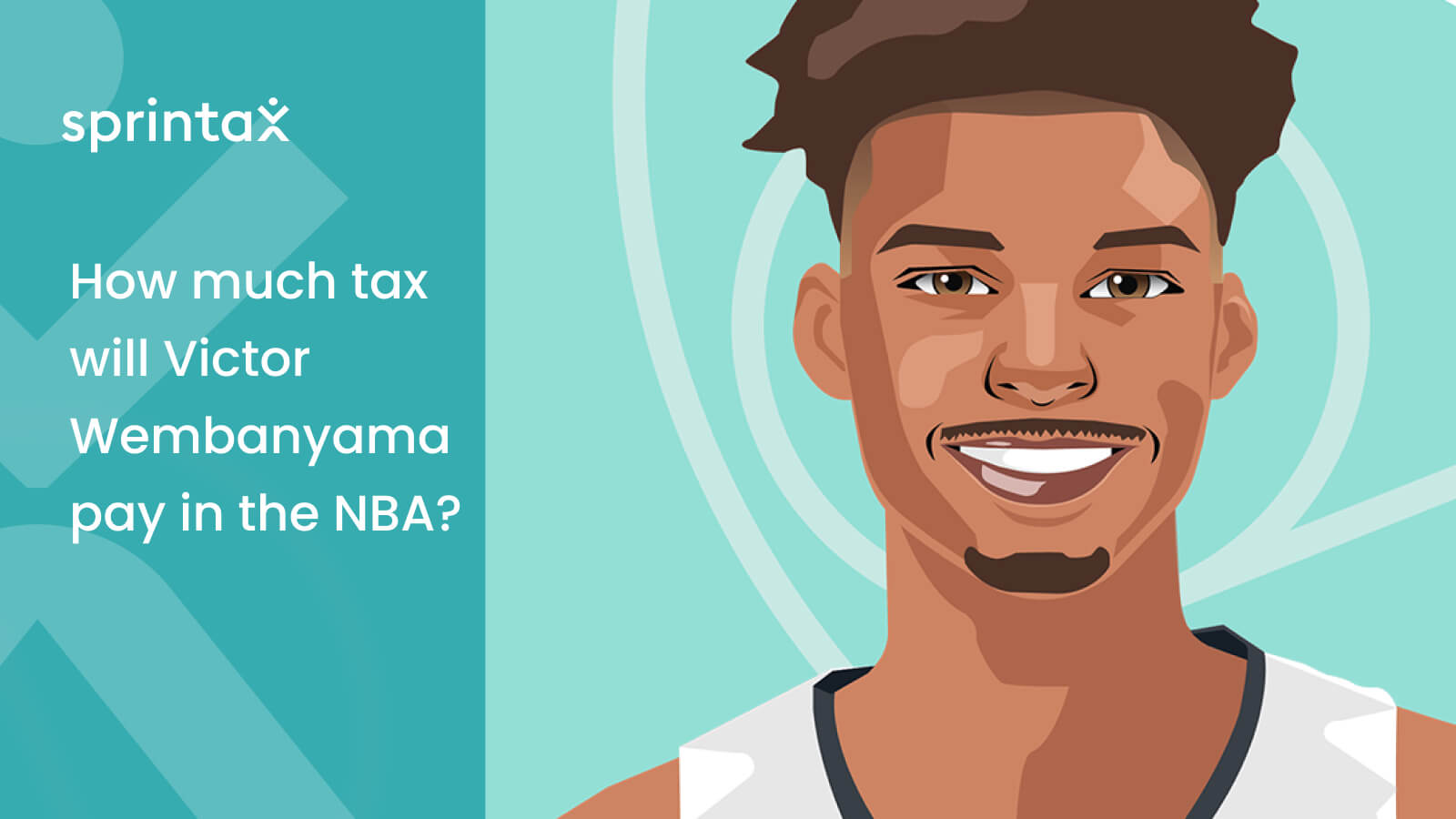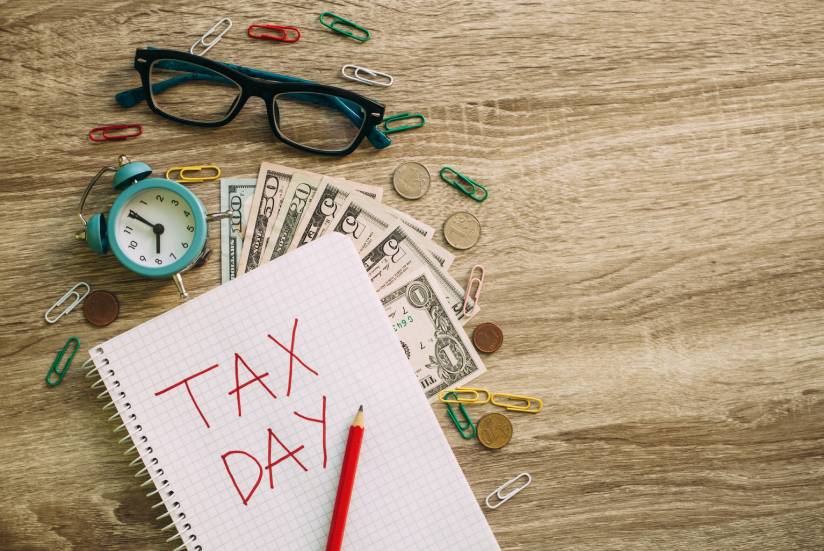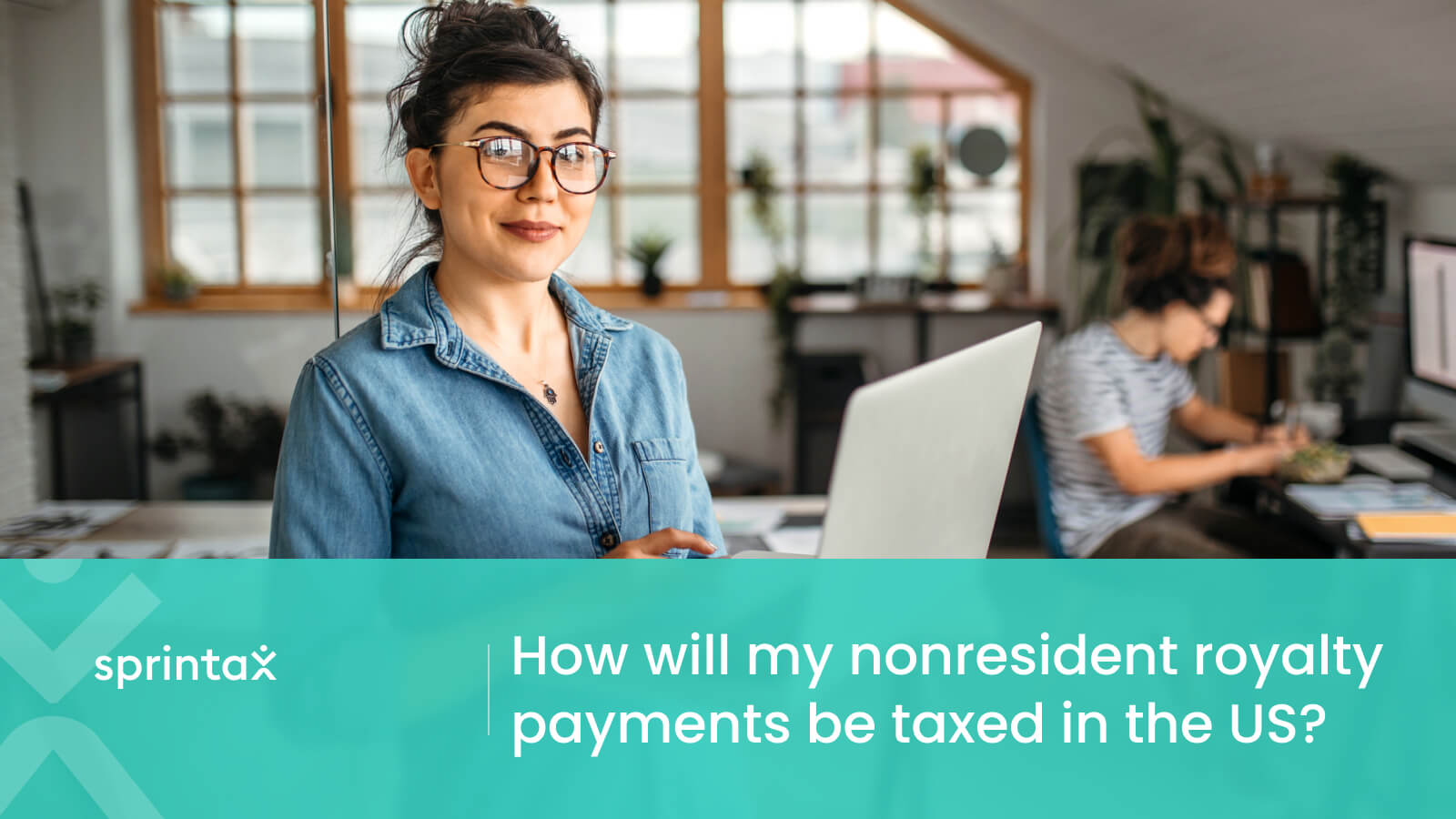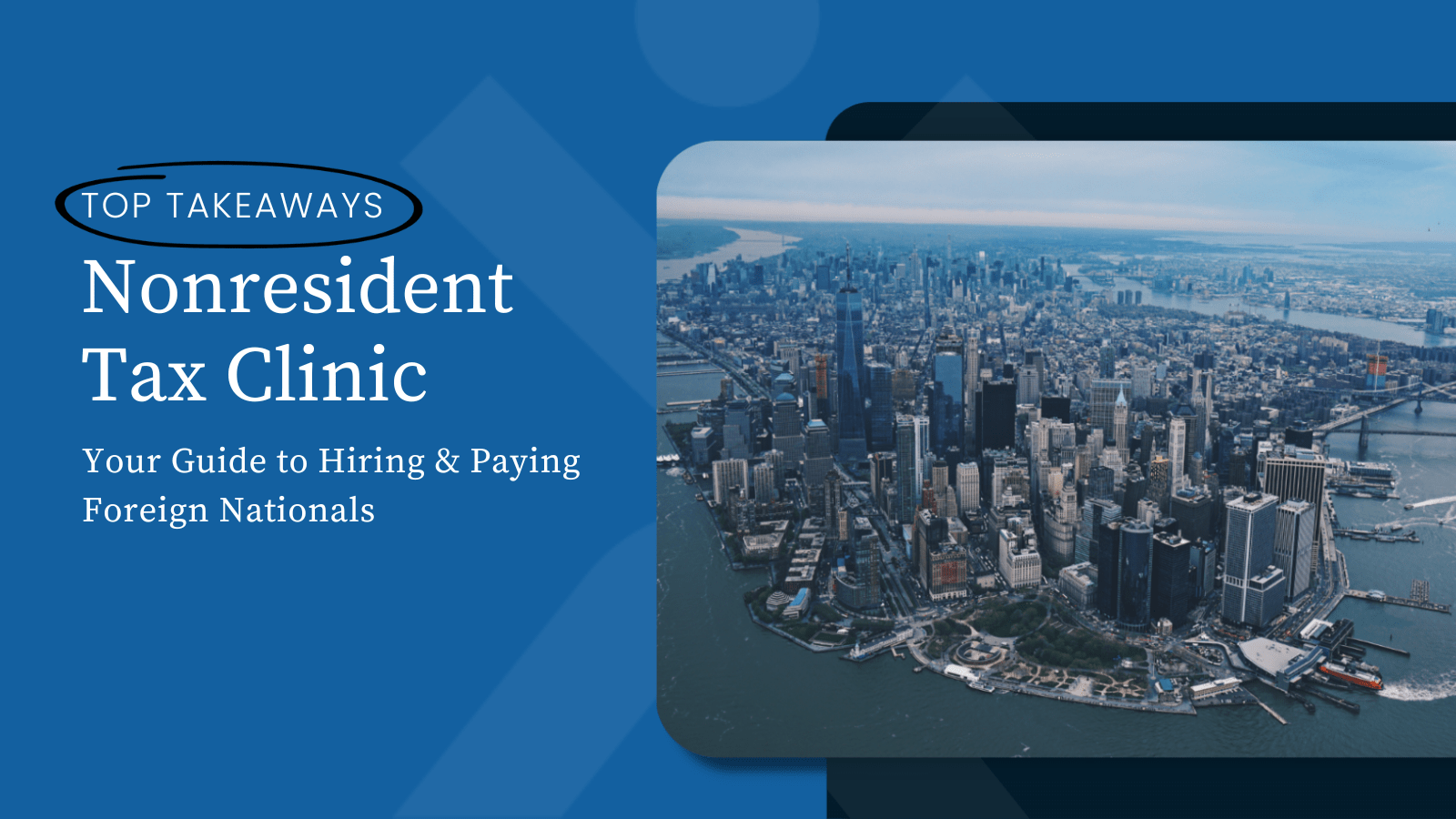(Last updated: 13 July 2023)
What this article will cover:
- How much will the NBA’s number 1 draft pick earn?
- Do foreign NBA players pay taxes? And how much tax do NBA players pay?
- When it comes to tax, why are overseas players treated differently to US-born players
The NBA is now truly a global league.
Nine players who were born overseas took part in the 2023 All-Star Game. This number represents 33% of the talent on show during the game.
Wanna guess how many overseas players took part in the 2013 edition?
Only three.
Every year, more and more foreign talents arrive in the US to ply their trade in the NBA.
And now another foreign superstar is about to arrive in the league.
According to ESPN’s Adrian Wojnarowski, Victor Wembanyama is the “greatest prospect in the history of team sports.”
So who is Victor Wembanyama? And just how good is he?
The 7′ 3″ Frenchman looks set to revolutionize how professional basketball is played after the San Antonio Spurs used their number one draft pick to bring him to their team.
‘Wemby’ got game! There’s no question about it. But it’s not Wembanyama’s hoop skills that have the Sprintax team excited.
Unlike many of the foreign players who have joined the NBA before him, Wembanyama did not attend college in the US and instead played professional basketball in his home country of France.
That means, when Wembanyama opens his first paycheck from the San Antonio Spurs, it’s very possible that he will be taxed as a nonresident.
Here we’re taking a closer look at just how much Wembanyama can expect to earn while in the NBA and how much tax he will pay on his income.
How much will Victor Wembanyama earn in the NBA?
Let’s just say the NBA’s next big thing is not going to be short of cash anytime soon.
The 19-year-old is set to earn as much as $55m over his first four years in the league.
In his rookie season, he is projected to earn as much as $12,200,000.
And that’s just the money he will receive in salary. It does not include payments he could earn from endorsements or his name, image, and likeness (NIL).
When LeBron James left high school to join the Cleveland Cavillers, he signed a seven-year $90m shoe deal with Nike. That deal remains the largest in history but could be surpassed by Wembanyama.
They player’s agents recently told ESPN that they expect Wembanyama to sign endorsement contracts worth around $100 million.
Sheesh!
What visa will Victor Wembanyama have?
There are many different types of visas available to foreign athletes who are moving to the US to play sports professionally. For example, an individual may be eligible for an O-1 nonimmigrant visa if they possess ‘extraordinary ability in the sciences, arts, education, business, or athletics.’
It’s easy to see how Wembanyama fits into this category!

Why might Victor Wembanyama be treated differently for tax than other NBA players?
There are two primary types of tax residency status in the US – resident and nonresident.
In short, your residency status is important because it affects how you are taxed in the US.
Usually, a resident alien is taxed on their worldwide income, the same as a US citizen. Resident aliens must also report all types of income and the amounts earned inside and outside the US.
Meanwhile, nonresident aliens must pay federal tax on income earned in the US and/or income connected with US trade or business.
If he travels to the US on an O-1 visa, Wembanyama may be considered a nonresident for tax purposes in his first year if he spends less than 183 days in the US during the year.
So far, the French player has spent the early months of 2023 plying his trade in Europe for his current team Metropolitans 92.
In September, Wembanyama will likely be required to report to his new team in San Antonio to beginning training for the new NBA season which is likely to start in late October or early November.
In order to be considered a US resident for tax purposes, Wembanyama would need to be in the US from July until the end of the year (Wemby has been fulfilling some media duties in the US in recent weeks and attended the NBA draft and these days will count towards his residency status).
Given these details, it’s very possible that he will be considered a nonresident for tax purposes for his first year.
If you would like to get more into the weeds on how to determine a US tax residency status, be sure to check out our guide on the topic.
How much federal tax will Victor Wembanyama pay?
Victor Wembanyama will be required to pay federal taxes on his income. He may also have to pay state taxes, FICA and special taxes – such as the ‘jock tax’ (more on this later!).
Exactly how much tax Wembanyama will be required to pay will depend on the type of income he earns – salary, royalties and NIL etc.
Generally speaking, the contracted salary income he receives from the Spurs will be considered as ‘personal services’ income.
If he is considered to be a nonresident for tax purposes, he will pay tax at the NRA athlete rate – 30%.
This means, in the first year of his rookie contract, he will be required to pay approximately $3.7m in federal tax alone.
However, the tax bill does not end there. As mentioned above, he will also be required to pay tax on any additional income he receives – such as endorsement deals.
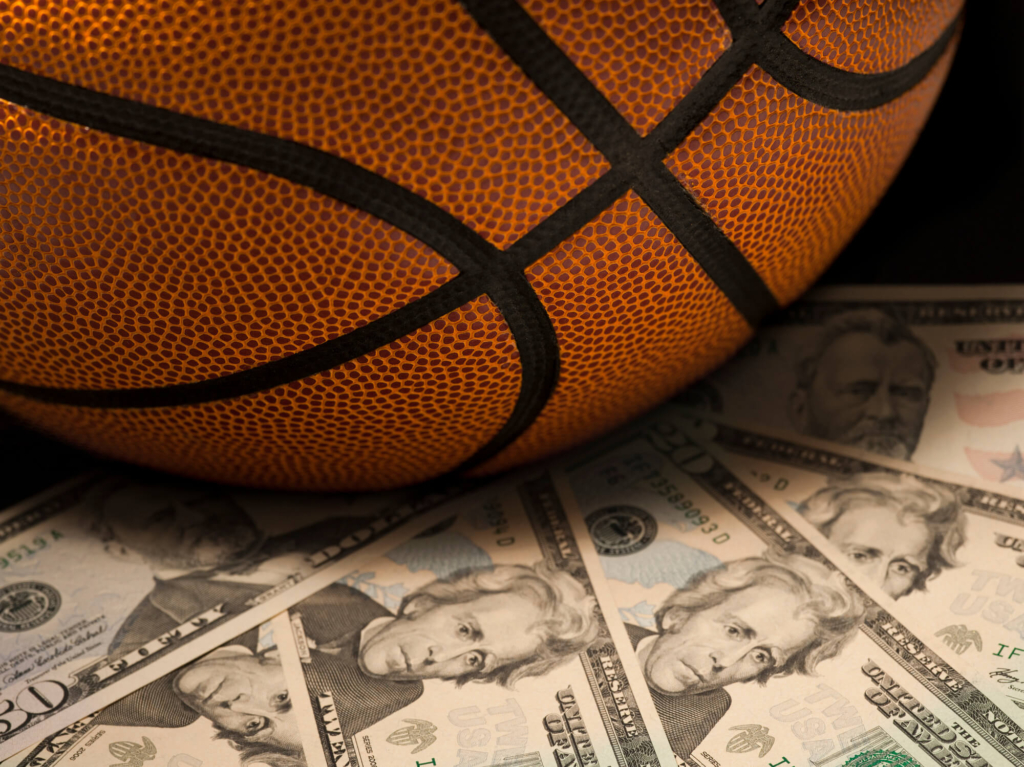
Would Wembanyama benefit from a Central Withholding Agreement?
A Central Withholding Agreement (CWA) is a mechanism that can be beneficial for foreign athletes and entertainers who don’t live in the US but who do plan to work here.
In short, if Wembanyama is entitled to enter such an agreement with the IRS, he may be entitled to pay tax at a more favourable rate.
Additional factors which may influence taxation
There are many other circumstances that may affect the type and amount of taxed withheld on professional athlete income, such as:
- Whether or not the athlete has a fixed base or permanent establishment in the US
- Whether or not third-party agent (either independent or dependent) is involved in arranging events for the athlete
- Whether or not a foreign corporation is billing the withholding agent for the services of the athlete or entertainer
Will Wemby have to pay any state taxes?
Players are also subject to state and city taxes depending on which state and city they ply their trade. These tend to differ from state to state and some locations have no income tax.
Fortunately for Wembanyama, the San Antonio Spurs are located in Texas – one of three US states which do not impose state taxes on their NBA team. Florida and Tennessee are the other states.
What are ‘jock taxes’?
In short, the ‘jock tax’ requires professional athletes to pay taxes in almost every state they play in.
This special income tax is currently enforced in every US state except five: Florida, Nevada, Texas, Washington, and Tennessee.
Exactly how much jock tax an athlete must pay, largely depends on the city in which they are playing.
Interestingly, according to legend, jock taxes were introduced after Michael Jordan won his first NBA title against the Los Angeles Lakers in 1991. An LA city department is believed to have demanded that the six-time NBA champion pay a nonresident income tax which came to be known as a jock tax after other cities followed LA’s lead and passed similar laws of their own.

Will Wembanyama have to file a tax return?
Yes!
Like anyone else, NBA players are required to file income tax returns.
While most people who work for one company may only get away with only filing a W-2 to meet their tax obligations, NBA players often have to file countless pages of tax returns since they may visit up to 20 different states every season.
Can nonresident athletes claim tax treaty benefits?
Many foreign athletes and entertainers in the US are entitled to save on their tax bill through tax treaty agreements.
The US has signed tax treaty agreements with more than 60 countries around the world and under these deals, residents of foreign countries (including some foreign athletes) are taxed at a reduced tax rate and can benefit from exemptions on many different types and items of income.
The US has signed a tax treaty agreement with France which Wembanyama may be able to benefit from. However, an athlete can usually only claim tax treaty exemption on this type of income where no more than $10,000 – $20,000 is earned. As we have explained above, the French athlete is scheduled to earn a lot more than this.
With that in mind, if Wembanyama is entitled to enter into a CWA with the IRS, this will likely be the most favourable income tax treatment option.
Under the terms of a CWA, the IRS will allow him to exempt certain income, to use lower tax rates and/or to deduct certain expenses on the employment or self-employment income.
As CWA does not cover dividends, royalties or other passive income, he can still use the Tax Treaty provisions to benefit from a reduced rate of tax.
Who can help nonresidents with US tax filing?
If you’re a nonresident in the US, like Wemby, it’s likely you will be required to file tax documents with the IRS.
Sprintax is the go-to tax filing option for international individuals living, working, and travelling in the US.
By creating a Sprintax account, you can:
- Correctly prepare your federal and state tax returns easily online
- Guarantee your US tax compliance
- Claim your maximum US tax refund
- Chat with a tax expert, anytime 24/7
Learn more about our tax service for nonresidents in the US here.


